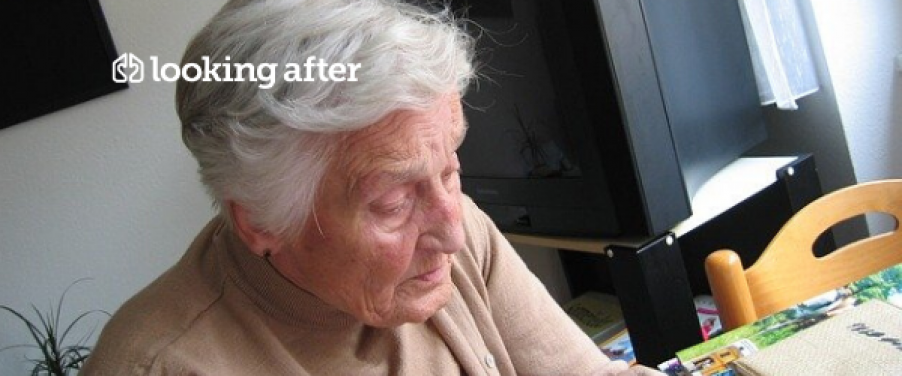What community care options are available?
Support for patients with dementia is available through local authority (ie; local council) department as well as the NHS. There are departments that you can contact to discuss what is available, local to the dementia patient.
Local council
The social services department of the council where the dementia patient is located will be able to provide supportive services to the dementia patient. This might be things like help with shopping to meals on wheels. They will also be able to provide details on available dementia day care services with the local community. This department will also be able to give you advice on what other services may be available within the local community, including those that are provided by charitable organisations.
Assessments
Social services are also the department that you should be incontact with if you need a care assessment and a needs assessment. This needs assessment is used to identify all things that might be required by the dementia patient. It is useful as it may cover things that you have not yet thought about or even realised might be required.
You can request this needs assessment direct through the social services department, and if you have not had one, then you can ask for one. The assessment takes place as a face to face meeting, so if you are not sure you’ll remember all of the information take a friend or family member along with you. The importance of this meeting is to identify any particular need that might need to be supported.
Once the assessment has been completed, you will meet to discuss the results and any identified care needs or other will be discussed with you and a family member or carer, to identify steps forward. At this point, you will all talk about how those needs might be met and what services might be required in order to do so.
Following on from the needs assessment, you can then undertake a financial assessment to work out who is going to pay for what. This will also determine what the local council will pay for in terms of care provision and so on. The financial assessment is means tested, so evidence of income sources, assets including property will all be taken into account. In most cases, the individual is expected to pay for the care.
NHS
There may be other support services that the dementia patient will require that you have not yet considered. Those that are linked to health and in some cases wellbeing are provided by the NHS. These include items such as eye tests, hearing tests, foot care or physiotherapy to name a few.
Depending on your diagnosis and own medical history, you may need to access other medical services, however having been diagnosed with dementia is not enough to warrant that you will be able to access these services as funded by NHS. The dementia patient will be required to undergo a healthcare assessment, which will identify whether it is realistic or safe for the dementia patient to live in their own home and if further healthcare is required, what level of medical support they will require and whether it is relevant for the NHS to fund this care. This will also be the case if the dementia patient requires medical nursing care, such as a visiting nurse to the property. Again, this is not automatically provided and funded by the NHS. You will need to contact the local clinical care group (CCG) for an assessment by the continuing healthcare team.
Other community groups to look for
It is worth remembering some of the alternative therapies that have been identified as being beneficial to dementia patients. When requesting details of access to local services it is worth remembering this optional therapies:
Music therapy
Sensory therapy
Yoga
Dementia specific exercise groups or specialists
We also cover areas such as what financial support is available and you can find out more information here by searching our Knowledge Base.
Advice and articles




